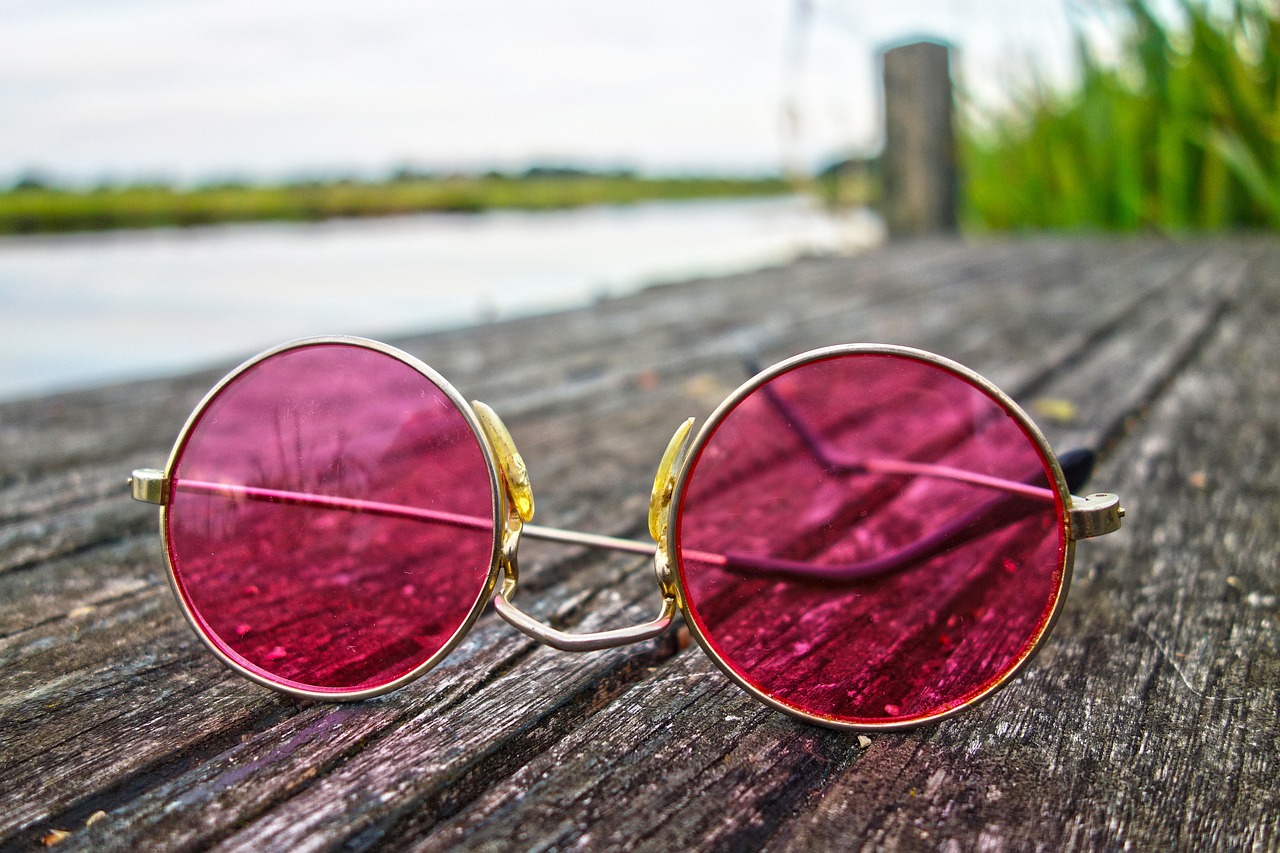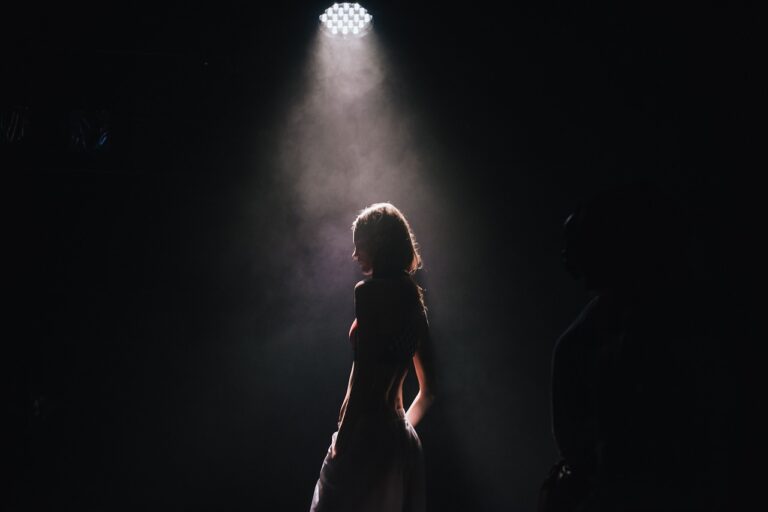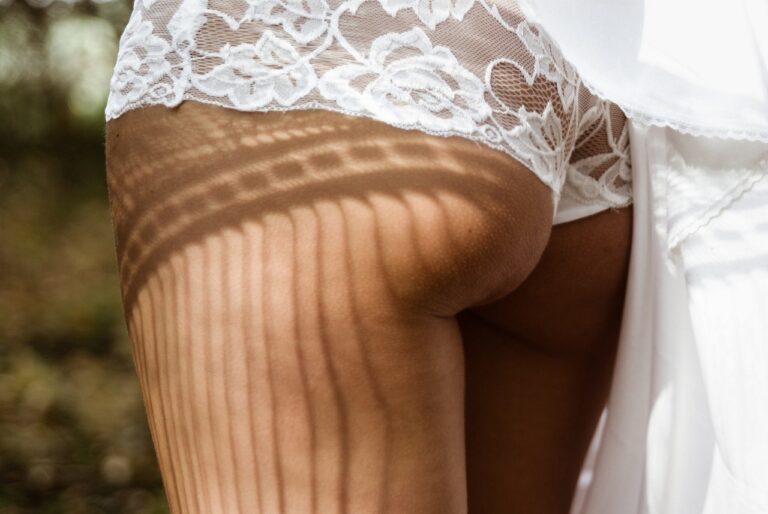The Psychology of Luxury Fashion Purchases
Luxury fashion purchases are often driven by a complex interplay of various motivations that extend beyond mere utilitarian needs. Consumers who indulge in luxury fashion may be seeking to fulfill desires for exclusivity and prestige, viewing these purchases as a way to signal their social status and sophistication. The allure of luxury fashion lies not only in the tangible product itself but also in the symbolic value it carries, allowing individuals to express their identity and aspirations through the clothes they wear.
Moreover, the emotional gratification derived from owning luxury items plays a significant role in motivating consumers to make such purchases. The feelings of pleasure, excitement, and self-esteem that accompany owning a luxury fashion piece can act as powerful incentives for individuals to invest in these high-end products. For many, luxury fashion serves as a form of self-expression and a means to enhance their self-image, offering a sense of fulfillment and confidence that transcends the functional aspects of clothing.
Consumers seek exclusivity and prestige through luxury fashion purchases
Luxury fashion allows individuals to signal social status and sophistication
Symbolic value of luxury fashion enables expression of identity and aspirations
Emotional gratification from owning luxury items motivates consumers to make purchases
Feelings of pleasure, excitement, and self-esteem drive investment in high-end products
Luxury fashion serves as a form of self-expression and enhances self-image
The Role of Social Status in Luxury Fashion Consumption
Social status plays a crucial role in the realm of luxury fashion consumption. For many individuals, the decision to purchase luxury items is deeply intertwined with the desire to signal their social standing and elevate their perceived status within their social circles. In this context, luxury fashion acts as a form of visual communication, allowing individuals to showcase their wealth and success without having to articulate it explicitly.
Moreover, the association of luxury brands with exclusivity and prestige further fuels the connection between social status and fashion consumption. By owning and displaying items from renowned luxury brands, individuals can position themselves as members of an elite group that has access to and can afford these coveted products. This sense of exclusivity not only enhances one’s social status but also reinforces their sense of identity and belonging within certain societal strata.
The Influence of Brand Perception on Luxury Fashion Buying Behavior
In the realm of luxury fashion, brand perception plays a vital role in shaping consumers’ buying behavior. The way individuals view a brand can deeply influence their decision to make a purchase. Brand perception encompasses various elements such as reputation, quality, values, and image, all of which contribute to creating a distinct identity for a luxury fashion brand.
Consumers often associate certain characteristics and emotions with specific luxury fashion brands based on their past experiences, marketing strategies, and overall brand image. These perceptions can greatly impact their purchasing decisions, as individuals tend to gravitate towards brands that align with their personal values and aspirations. A positive brand perception can foster loyalty and trust among consumers, leading them to preferentially choose a particular luxury fashion brand over others in the market.
How does brand perception affect luxury fashion buying behavior?
Brand perception plays a significant role in luxury fashion buying behavior as consumers often associate certain brands with prestige, quality, and status. A positive brand image can influence consumers to make purchases and become loyal to a particular brand.
What motivates individuals to purchase luxury fashion items?
Individuals are often motivated to purchase luxury fashion items due to various factors such as social status, self-expression, and the desire to own high-quality products. The perception of luxury brands as symbols of success and exclusivity also drives consumer behavior in this market.
How does social status influence luxury fashion consumption?
Social status plays a crucial role in luxury fashion consumption as individuals often use luxury goods as a way to signal their social standing and success. The possession of luxury items can enhance one’s perceived social status and help individuals differentiate themselves from others.
Can brand perception change over time and influence buying behavior?
Yes, brand perception can change over time due to factors such as marketing strategies, product quality, and consumer experiences. A shift in brand perception can impact consumer buying behavior, leading them to either continue supporting the brand or switch to a competitor.







